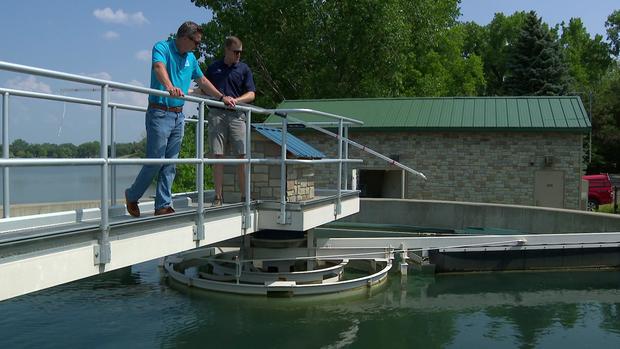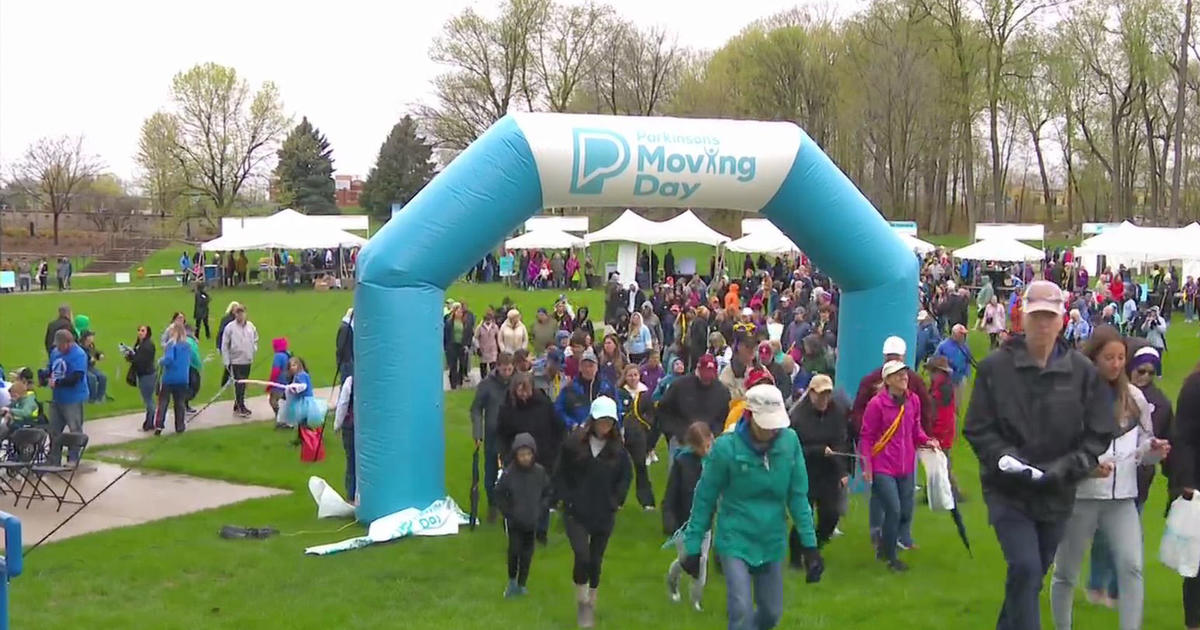How Crystal Lake's flocculation plant helps to keep out toxic blue-green algae
ROBBINSDALE, Minn. -- Dry, hot summers can lead to toxic algae blooms on Minnesota lakes. We've already seen a few pop up in the Twin Cities this year, but a Robbinsdale lake is getting ahead of the problem.
"As far as I know, in some ways, this is a one-of-a-kind operation here," said Mike Sorensen, water resources specialist for the City of Robbinsdale.
Crystal Lake is home to a flocculation plant -- a system typically used for treating drinking water, but here, it's been key in the battle against blue-green algae.
"Blue-green algae is very opportunistic," said Sorensen. "It can bloom and increase in the lake rapidly and that's when we start to see problems."
That's because it's toxic for pets and people. The facility is proactive, not reactive. It pulls in water from Crystal Lake and removes pollutants, like phosphorous, that are main ingredients for algae blooms.
There's a settling tank, also known as a clarifier, that's 12 feet deep. It allows 500 gallons of lake water to run through the system every minute.
Once water is in the tank, a chemical called Aqua Hawk causes the pollutants to clump together and then they're pushed into the sanitary sewer and away from the lake.
The plant has been around for 10 years, but there's renewed interest in it due to the hot, dry weather.
"We are talking about 50,000 pounds of algae that this facility can keep out of the lake each year," said Sorensen.
Sorensen believes this plant, along with the removal of invasive carp and other efforts, has made Crystal Lake a poster child for water quality.
"I will see people walking by daily. And some of them will stop me and say they've lived on the lake for 20, 30, 40 years and they've never seen the water clarity as great as it is this summer," said Sorensen.
Because of blue-green algae concerns, Sorensen began giving public tours of the plant this spring. He says also given tours to leaders from other cities, who share a concern for algae blooms and water quality.





